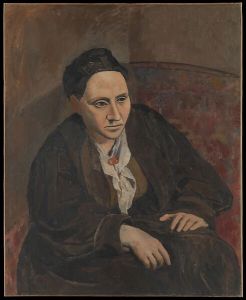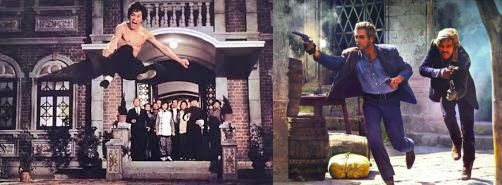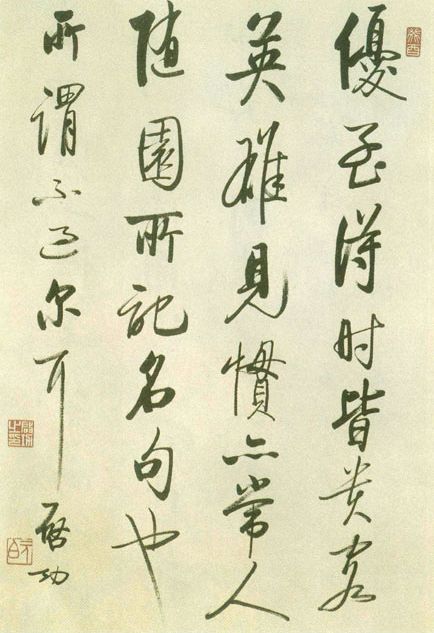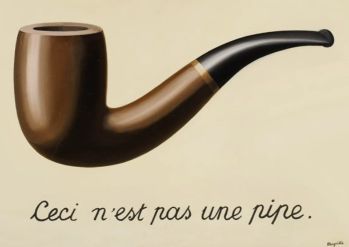戳破 Picasso 的牛皮
Picasso 曾說「My mother said to me, “If you are a soldier, you will become a general. If you are a monk, you will become the Pope.” Instead, I was a painter, and became Picasso.」看似自誇無所不能.
Picasso 在美術史的地位無庸置疑, 沒有從軍不知是否有大將之才, 沒出家不知有無資格當教宗, 他曾嘗試作詩, 我讀了不甚了了, 很少人評論所以不清楚好壞, 今年 9月19日《Artnet》網站有一篇文章《Was Picasso’s Poetry Any Good?》, 提到一件事有點意思.
1935 年 Picasso 開始寫詩, 發表前先請好友 (曾畫過她的肖像) Gertrude Stein 評論, Stein 後來回憶她當時舉了 Picasso 自己對另一好友詩人 Jean Cocteau 越行作畫的評語做比喻「you can’t stand looking at Jean Cocteau’s drawings, it does something to you, they are more offensive than drawings that are just bad drawings now that’s the way with your poetry it is more offensive than just bad poetry I do not know why but it just is.」
雖然只是一個人的意見, 不過好友因本人要求做的評語應該是肺腑之言, 加上 Stein 是受尊重的作家, 上面那段話不可等閒視之, 如果 Picasso 的詩真像她說的那麼糟, 豈不是戳破了他無所不能的牛皮?





